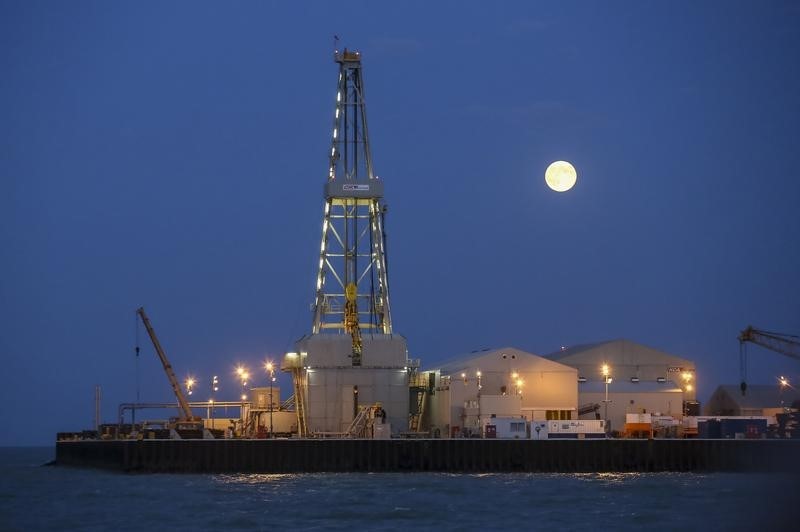Benzinga - by Shanthi Rexaline, Benzinga Editor.
Following a report that said the U.S. and Saudi Arabia are nearing a historic pact that would offer the latter security guarantees and lay out a possible pathway to diplomatic ties with Israel, an investment advisor weighed in on what may have precipitated the development.
What Happened: Saudi Arabia may have come around because of its need for data centers and semiconductors said, Lumida Wealth co-founder Ram Ahluwalia, explaining the potential backstory behind the rumored deal.
“Semiconductors are the New Oil,” the wealth manager said.
In a win-win proposition, the U.S. would want lower oil and gas prices and a win in the Middle East, Ahluwalia said. The U.S., though not having export controls on Saudi, can interrupt Nvidia chip flow to Riyadh, he added.
“Remember, Saudi is building 60 data centers and diverting investment from ‘The Linear City,'” Ahluwalia said. In 2021, the Saudi government unveiled plans for the city of Neom, including a megastructure called “The Line Saudi Arabia,” which is to be built in a straight line. It was conceived as a city to be home to about 1.5 million people on a footprint of just 13 sq miles. Bloomberg reported in early April that the country has scaled back ambitions for the $1.5 trillion project.
Why It’s Important: There is a precedence of the U.S. exerting its clout as a tech pioneer. The country banned exports of high-performance AI chips made by Nvidia and AMD to a few countries, with China being the chief among them. The ban was predicated on the view that these chips were being used to “produce advanced military systems including weapons of mass destruction” and “commit human rights abuses.”
Saudi Arabia and UAE were bulking up on Nvidia’s high-performance chips that power AI software and applications amid the AI arms race, said FT in an August 2023 report.
Saudi alone bought at least 3,000 of Nvidia’s H100 chips, priced at $40,000, through the public research institution King Abdullah University of Science and Technology, the report said. The massiveness of the purchase can be gauged from the fact that OpenAI reportedly used 1,024 A100 chips, H100’s predecessor, to train its advanced GPT-3 model in over a month.
The iShares MSCI Saudi Arabia ETF (NYSE:KSA) ended Wednesday’s session down 0.12% at $42.97, according to Benzinga Pro data. The Global X Artificial Intelligence & Technology ETF (NASDAQ:AIQ) fell 0.37% to $31.97.
Read Next: Microsoft, Meta, and Alphabet Ramp Up AI Investments, Spend Over $32B in Q1
Photo via Shutterstock
© 2024 Benzinga.com. Benzinga does not provide investment advice. All rights reserved.
